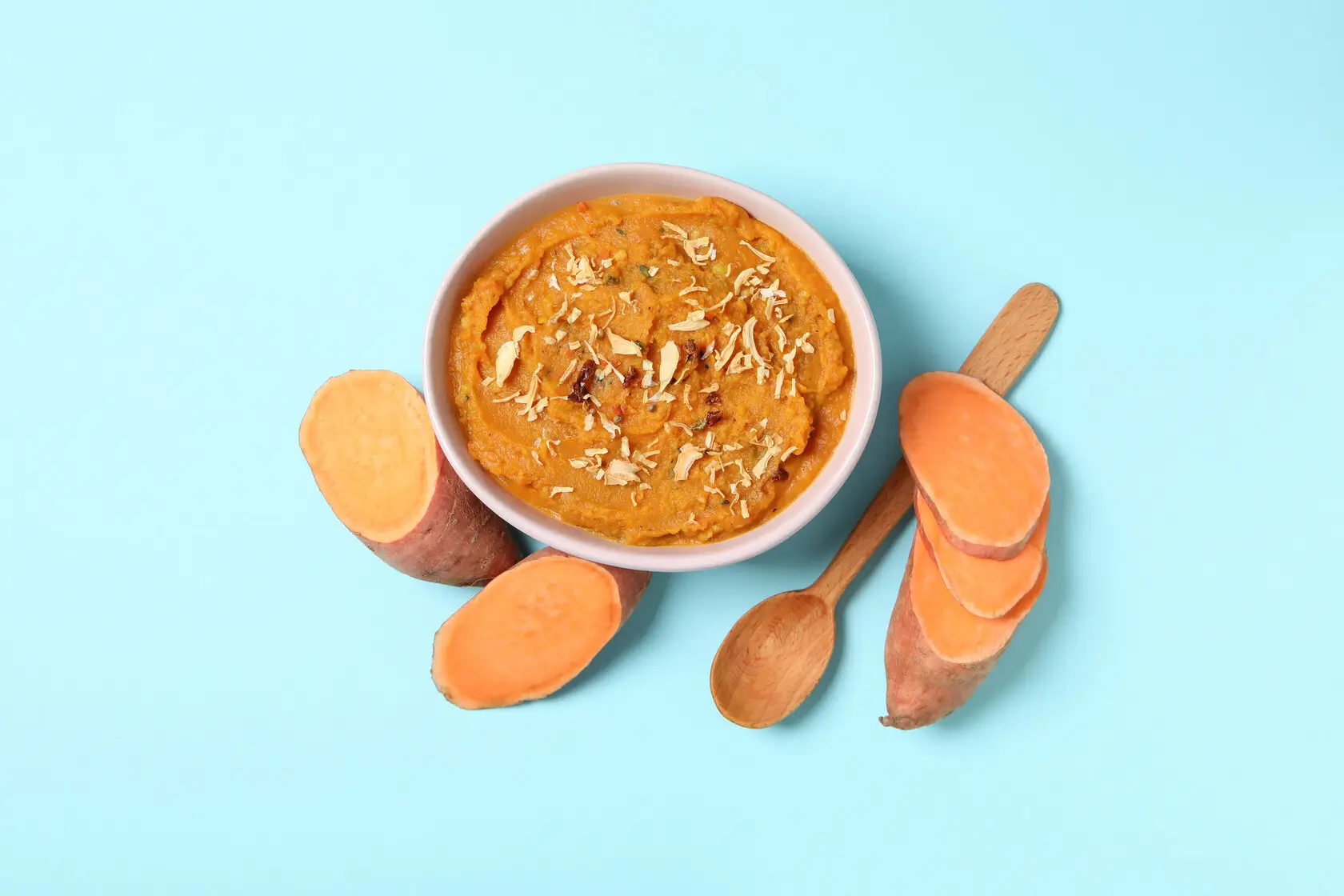Allergen-free baby food that nourishing your little one safely is an important consideration for parents, especially as babies begin to explore solid foods. With allergies on the rise, choosing foods that are free from common allergens ensures that your baby can enjoy meals without the risk of harmful reactions. In this article, we’ll discuss the benefits of allergen-free baby food, how to choose the safest options, and tips for introducing solids to your baby while keeping them safe.
Understanding Food Allergies in Babies
Food allergies in infants are not uncommon, and they can manifest in various ways, from mild skin irritations to severe gastrointestinal distress or anaphylactic reactions.
Common allergenic foods include milk, eggs, peanuts, tree nuts, soy, wheat, and fish. It’s essential to be vigilant, especially if there’s a family history of allergies.
If you suspect your baby may have food allergies, consult a pediatrician or allergist for proper testing and guidance.
The Benefits of Allergen-Free Baby Food
- Safety: The primary benefit of allergen-free baby food is that it reduces the risk of triggering allergic reactions. These specialized foods are carefully crafted to exclude common allergens, providing a safer option for sensitive babies.
- Nutrition: Allergen-free doesn’t mean nutrient-free. Many allergen-free baby food products are enriched with essential vitamins and minerals, ensuring that your child receives the necessary nutrients for healthy growth and development.
- Peace of Mind: Parents can have peace of mind knowing they are providing their baby with food that won’t harm them. This alleviates the anxiety associated with feeding a child with allergies.
Choosing Allergen-Free Baby Food
- Read Labels Carefully: When shopping for allergen-free baby food, read labels meticulously. Manufacturers are required to clearly list common allergens in their ingredients. Look for products labeled “allergen-free” or “free from [specific allergens].”
- Homemade Options: Consider making allergen-free baby food at home. This way, you have complete control over the ingredients and can tailor meals to your baby’s preferences.
- Consult with a Pediatrician: Before making significant changes to your baby’s diet, consult with a pediatrician or allergist. They can provide guidance, suggest appropriate allergen-free options, and monitor your child’s progress.
- Transitioning to Solid Foods: Introduce allergen-free solid foods gradually. Start with single-ingredient purees and monitor your baby for any adverse reactions. As your baby grows, you can incorporate more variety into their diet.
- Read more about Baby Diet…
Conclusion
Allergen-free baby food offers a lifeline to parents of children with allergies or sensitivities.
It provides a safe and nutritious option to ensure that your little one receives the vital nutrients they need for healthy growth and development.
Remember to consult with healthcare professionals for personalized guidance, and always prioritize your baby’s safety and well-being when selecting and introducing new foods into their diet.
With the right knowledge and care, you can nourish your baby safely on their journey to a lifetime of good health.




